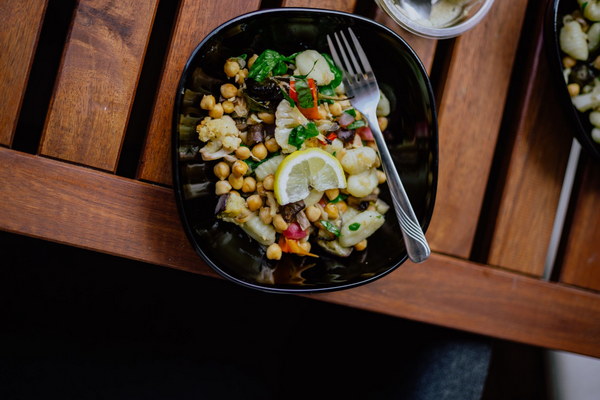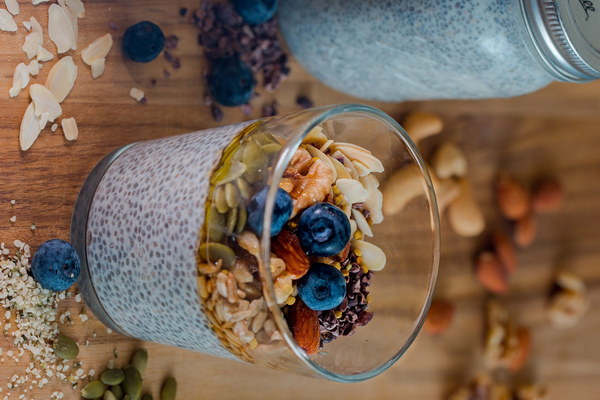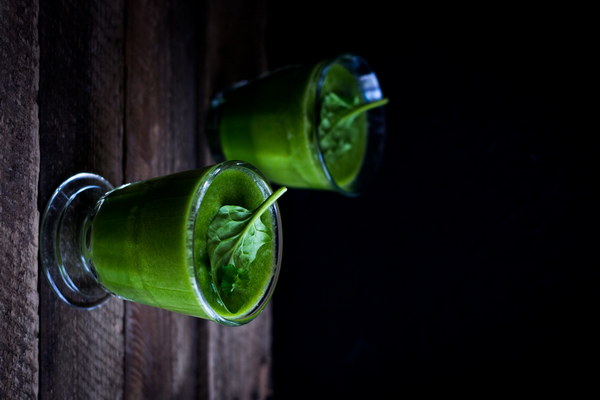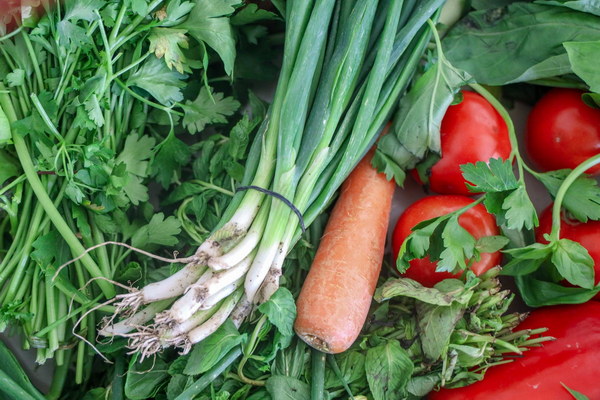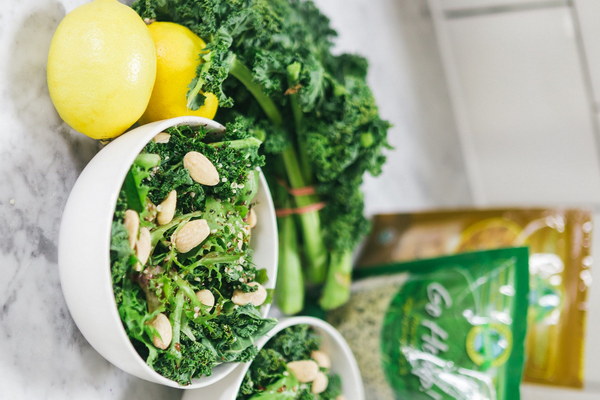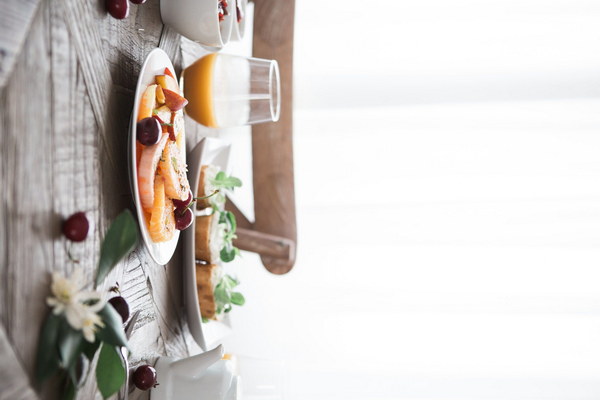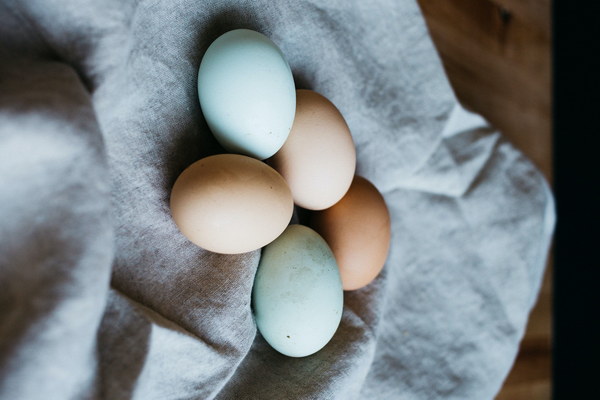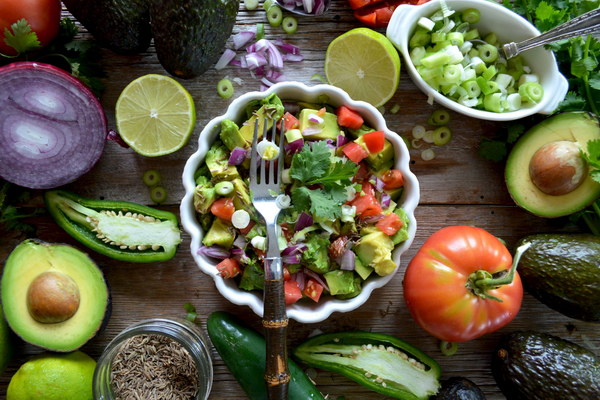Exploring Different Medicinal Recipes for Dampness Removal
Dampness, or Damp-Heat in traditional Chinese medicine, is a common condition that affects many people, especially during humid seasons. It manifests as various symptoms such as fatigue, body aches, and digestive problems. In this article, we will explore different medicinal recipes that can help alleviate dampness and bring relief to those affected.
1. Herbal Decoction
Herbal decoction is one of the most traditional and effective methods for treating dampness. Here are some commonly used herbs:
- Astragalus (Huangqi): Known for its immune-boosting properties, astragalus helps to strengthen the body's resistance against dampness.
- Poria (Fu Ling): This herb is often used to drain dampness and promote urination.
- Atractylodes (Cang Zhu): Atractylodes is excellent for drying dampness and boosting the spleen function.
- Codonopsis (Dang Shen): Codonopsis is used to strengthen the spleen, improve vitality, and alleviate fatigue caused by dampness.
Recipe: Combine equal parts of astragalus, poria, atractylodes, and codonopsis. Boil 15 grams of the mixture in 500 ml of water for about 20 minutes. Drink the decoction twice a day.
2. Teas
Teas are a convenient and tasty way to treat dampness. Here are some popular dampness-relieving teas:
- Green Tea: Green tea has diuretic properties that help to eliminate dampness from the body.
- Pu-erh Tea: Pu-erh tea is a fermented tea that has been found to be effective in reducing dampness and improving digestion.
- Peppermint Tea: Peppermint tea helps to relieve bloating and indigestion, which are common symptoms of dampness.
Recipe: Brew 1 to 2 teaspoons of green tea or Pu-erh tea in 8 ounces of hot water. For peppermint tea, steep 1 to 2 teaspoons in 8 ounces of hot water for 5 minutes. Drink 1 to 3 cups a day.
3. Diet
Diet plays a crucial role in dampness treatment. Here are some dietary tips to consider:
- Avoid cold, raw, and damp foods, such as cold drinks, ice cream, and raw vegetables.
- Incorporate warming and drying foods, such as ginger, garlic, onions, and turmeric, into your diet.
- Eat plenty of spleen-strengthening foods, such as sweet potatoes, carrots, and millet.
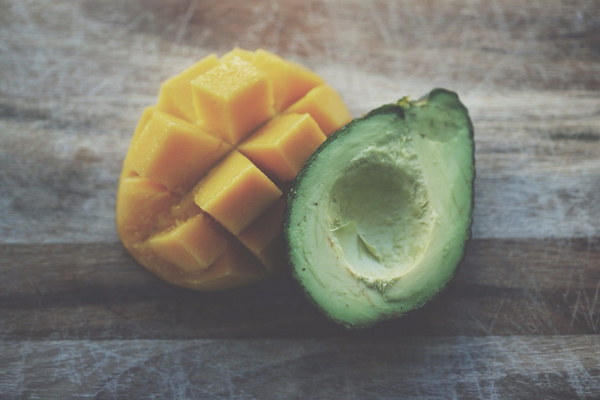
4. Acupuncture and Massage
Acupuncture and massage can also be effective in treating dampness. These therapies help to unblock the meridians and improve the flow of Qi (vital energy) in the body.
Recipe: Consult with a licensed acupuncturist or massage therapist who specializes in dampness treatment. They will create a personalized treatment plan for you.
In conclusion, there are various medicinal recipes and therapies available to help alleviate dampness. It's essential to consult with a healthcare professional before starting any treatment, as they can provide personalized advice based on your specific condition. By incorporating these natural remedies into your routine, you can effectively combat dampness and enjoy a healthier, more balanced life.

